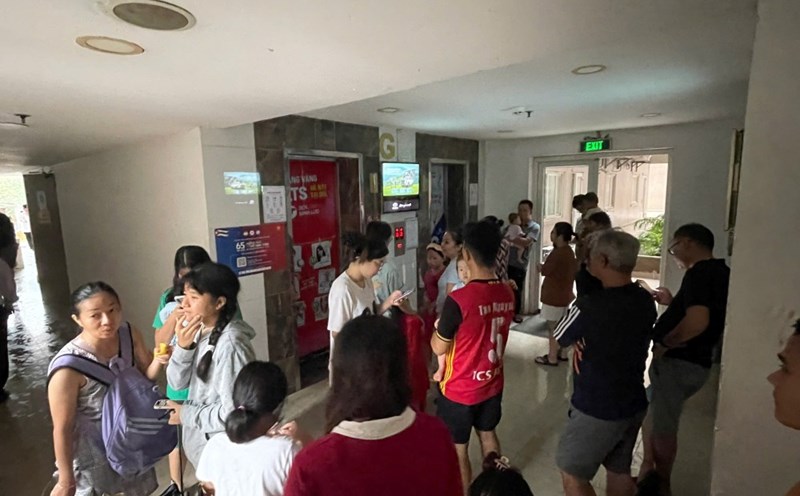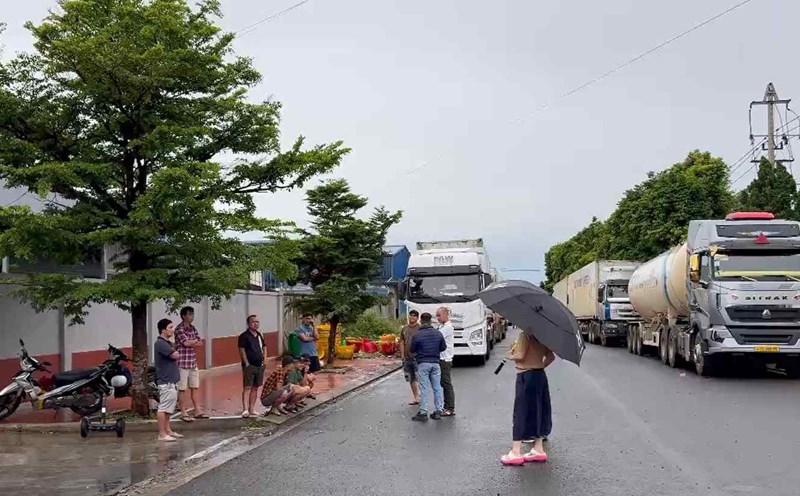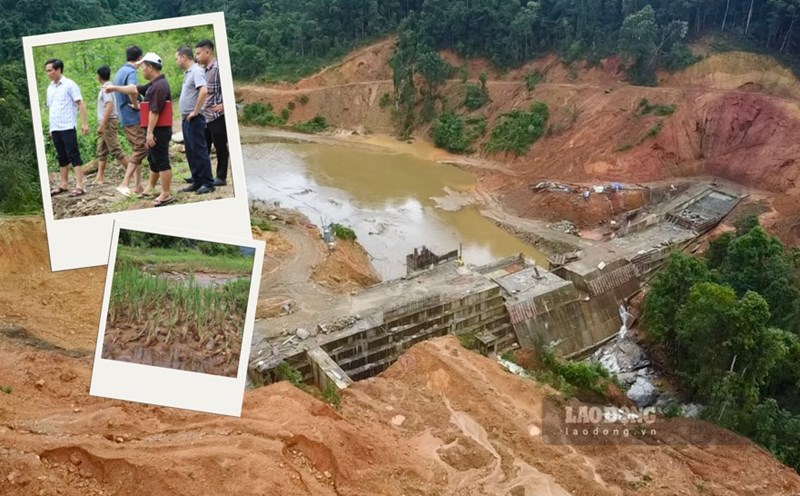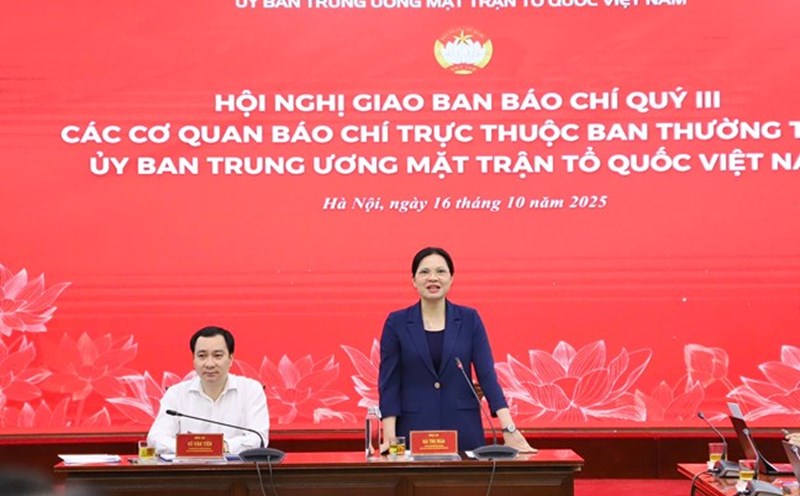Reasons for difficulties in renovating old apartment buildings
On October 16, in Hanoi, the Vietnam Union of Science and Technology Associations in coordination with the Vietnam General Confederation of Construction organized a workshop on the current situation and solutions in urban renovation and embellishment.
At the workshop, Associate Professor, Dr. Luu Duc Hai - Director of the Institute for Urban Research and Infrastructure Development (Vietnam General Association of Construction) - said that according to statistics from the Ministry of Construction, there are currently about 2,500 old apartment buildings built before 1994, mainly concentrated in Hanoi and Ho Chi Minh City. In particular, many works have seriously degraded, posing a potential risk to residents' safety.
Hanoi alone has about 1,579 old apartment buildings, of which 179 are classified as dangerous and severely damaged. However, the progress of renovation and reconstruction of these apartment buildings is still not guaranteed and lacks drasticity, causing concerns about the safety of the people.
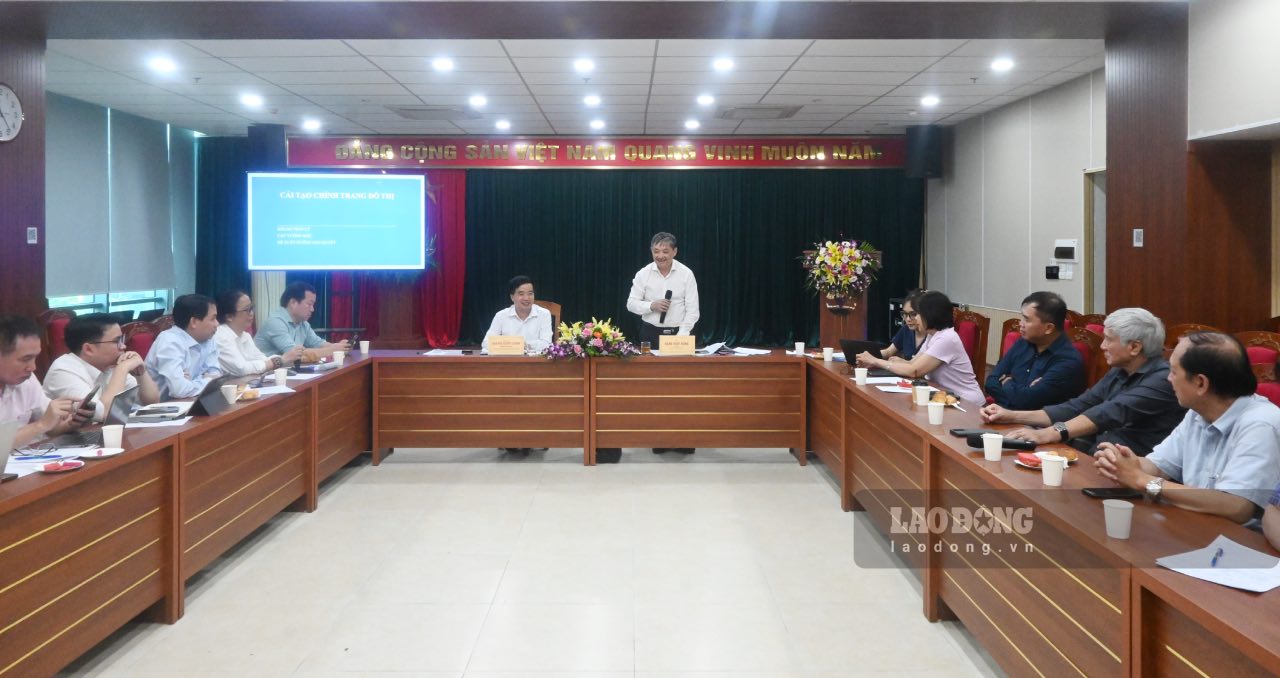
According to Mr. Hai, the biggest difficulty at present in renovating old apartment buildings is the conflict of interests between people - businesses - authorities. People want to be resettled on site with suitable housing construction prices; businesses focus on economic efficiency; while the government must ensure infrastructure and overall planning. In addition, the lack of a sustainable financial mechanism, mainly based on investor capital, while the state budget is still limited, has caused the renovation process to stagnate.
Similarly, Ms. Vuong Phan Lien Trang - Deputy General Director of enCity Consulting Company - said that the speed of renovating old apartments in two major cities (Hanoi and Ho Chi Minh City) is very slow. The main bottleneck lies in the rigid regulation requiring the percentage of households to agree. This regulation turns a public service project into an endless negotiation, reducing investor motivation and causing thousands of households to continue living in degraded and dangerous works.
For social housing, Ms. Trang said that regulations on profit levels (no more than 10%) have made these projects less attractive to private investors, leading to a serious shortage of supply. This is also one of the major legal barriers in the renovation of old apartments and the development of social housing today.
Proposing solutions to perfect mechanisms and policies for renovating old apartment buildings
Associate Professor, Dr. Luu Duc Hai believes that to speed up the renovation of degraded apartment buildings, it is necessary to complete the Law/orders on urban renovation and amend and supplement relevant laws such as the Housing Law, Land Law, Urban and Rural Planning Law, Construction Law... to ensure consistency with Decree 69/2021/ND-CP.
Along with that, it is necessary to build a flexible capital mobilization mechanism, encourage the participation of many economic sectors; create a consensus mechanism and ensure the rights of the people; at the same time, establish a management mechanism, supervise implementation during the renovation process.
For seriously degraded apartment buildings with risks of unsafety, authorities need to proactively inspect, evaluate the quality of the project and organize emergency relocation to ensure people's lives. In this case, the demolition does not need to depend on the consensus ratio of residents, but is under the decision-making authority of the competent authority, to ensure safety and rebuild the new project soon at a reasonable cost, in accordance with market prices.
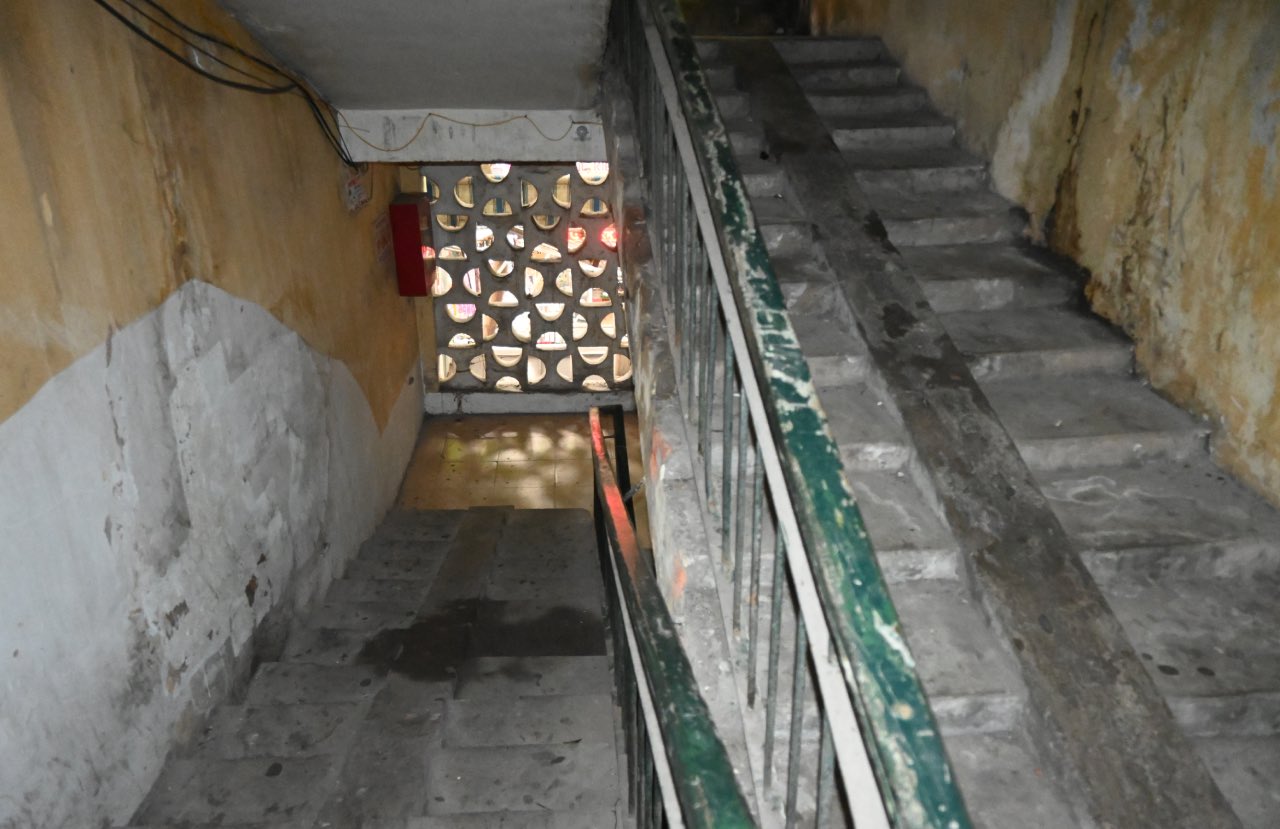
Talking to reporters of Lao Dong Newspaper, Associate Professor, Dr. Ta Quynh Hoa - Head of the International Training Department, Director of the ICCEC Center, Senior Lecturer of the Faculty of Architecture and Planning (Hanoi University of Construction) - said that to remove difficulties, the State needs to demonstrate stronger determination and responsibility, especially for old apartment buildings with level D danger in the inner city of Hanoi.
According to Ms. Hoa, to attract investors to participate, it is necessary to expand regulations on planning targets, especially the height of the project, allowing an increase in the number of apartments to reduce construction costs, thereby making the selling price more suitable, making it easier for people to accept resettlement. In addition, there should be the participation of universities and research institutes in consulting, designing and planning the renovation of old apartments, to ensure that social infrastructure and technical infrastructure are more complete, helping people have a better quality of life and access reasonable housing prices.
Ms. Vuong Phan Lien Trang - Deputy General Director of enCity Consulting Company - shared: " Urban renovation in Vietnam is a multidimensional task, requiring the courage to change institutions. Large cities are gradually losing their competitive advantage, being held back by unsynchronized policies on infrastructure, legality and finance. Only by switching from process-based management to results-based management can we free up resources for urban areas, successfully carry out the renovation and develop Vietnamese urban areas sustainably and civilly in the new period.


